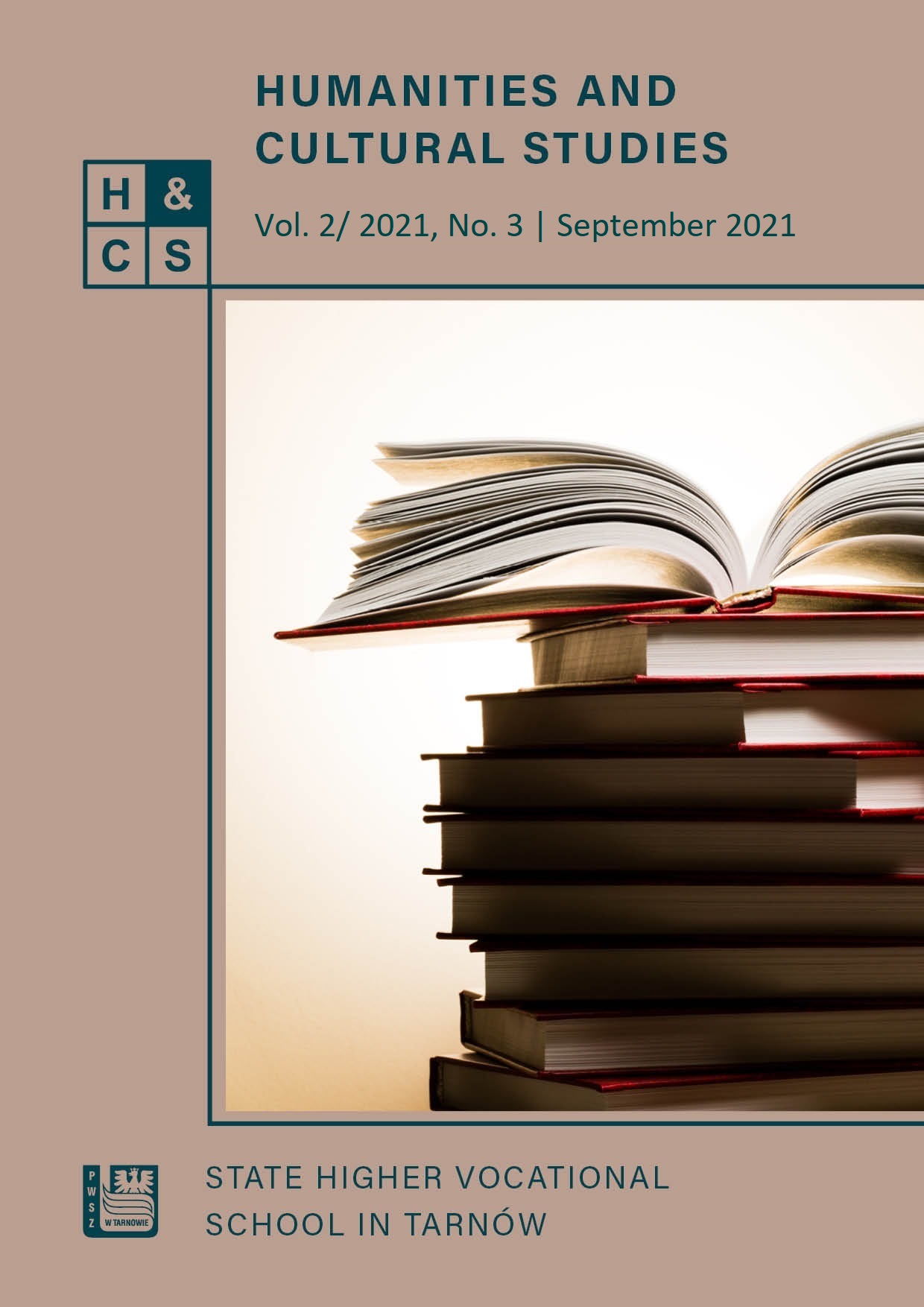Scripta manent. On the scientific function of the library
DOI:
https://doi.org/10.5604/01.3001.0015.2037Keywords:
Middle Ages libraries, history of libraries, functions of librariesAbstract
The author focuses on the medieval libraries and their scientific functions as well as emphasises their connection with the Church, which – while promoting education in Latin – transmitted many models of antiquity and its inspiring works, for example, those of Aristotle, Plato and Sophocles. Despite the fact the European Middle Ages did not boast large libraries as well-organized as those of antiquity, the library network was relatively dense and grew until the 15th century. Libraries were not merely an addition to scientific and educational institutions, such as schools and churches, they were also an indispensable tool of spreading science, they served as a fount of accessible and well-established knowledge. They were institutions that inspired varies activities promoting humanities and sciences, guaranteeing the continuity of scientific data. Eminent representatives of the Church were able to safeguard classical scientific traditions and bring faith closer to science, including that of pragmatic nature. It was a significant scientific simplification in the late 19th and of the 20th century to pit humanistic and secular Enlightment against the clerical and scholastic Middle Ages. It should be remembered that it was the Middles Ages that rediscovered Greek and Roman antiquity and that it was in the Middle Ages that brought the Greek, Roman and Hebraic cultures together.
Downloads
References
Bieńkowska B., Chamerska H., Tysiąc lat książki i bibliotek w Polsce, Wrocław 1992. Google Scholar
Cudnik Z., Skarbnice wiedzy, Wrocław 1980. Google Scholar
Curtius E., Literatura europejska i łacińskie wieki średnie, Kraków 1997. Google Scholar
Eco U., Biblioteka. O bibliotece, przeł. A. Szymanowski, Wrocław 1990. Google Scholar
Jan Paweł II, Dzieła zebrane, t. 10: Homilie i przemówienia z pielgrzymek — Europa, cz. 2: Google Scholar
Francja, Hiszpania, Portugalia, Kraje Beneluksu, Kraków 2008. Google Scholar
Klein N., Librarianship as a radical profession, „Progressive Librarian” 2004, nr 23, s. 46–54. Google Scholar
Kosmanowa B., Książka i jej czytelnicy w dawnej Polsce, Warszawa 1981. Google Scholar
Kozłowska-Budkowa Z., Księgozbiór polskiego uczonego, „Studia Źródłoznawcze” 1957, nr 1, s. 109–118. Google Scholar
Kruszewski T. Przestrzenie biblioteki. O symbolicznej, fizycznej i społecznej obecności instytucji, Toruń 2012. Google Scholar
Książka, biblioteka, informacja w kręgu kultury i edukacji, red. E.B. Zybert, D. Grabowska, Warszawa 2008. Google Scholar
Le Goff J., Kultura średniowiecznej Europy, Warszawa 1994. Google Scholar
Łoś L., Biblioteki naukowe, Wrocław 1980. Google Scholar
Loth R., Biblioteka jako warsztat pracy polonisty, [w:] J. Czachowska, R. Loth, Bibliografia i biblioteka w pracy polonisty, Wrocław 1977, s. 138. Google Scholar
Ojciec Święty na Uniwersytecie Jagiellońskim, red. K. Widacka, A. J. Dziatkowiak, Kraków 1998. Google Scholar
Rybicki P., Odrodzenie, [w:] Historia nauki polskiej, t. 1, red. B. Suchodolski, Warszawa 1970, s. 195–436. Google Scholar
Słownik pojęć i tekstów kultury, red. E. Szczęsna, Warszawa 2002. Google Scholar
Tokarska A., Biblioteka w przestrzeni informacyjnej, [w:] Bibliotekarstwo, red. A. Tokarska, Warszawa 2013, s. 22–33. Google Scholar
Vetulani A., Krakowska biblioteka katedralna w świetle swego inwentarza z roku 1110, „Slavia Antiqua” 1954, nr 4, s. 163–192. Google Scholar
Wojciechowski J., Bibliotekoznawstwo: kontynuacja i zamiary, Kraków 1998. Google Scholar
Ziejka F., Jan Paweł II i polski świat akademicki, Kraków 2014. Google Scholar
Downloads
Published
How to Cite
Issue
Section
License

This work is licensed under a Creative Commons Attribution-NonCommercial 4.0 International License.





